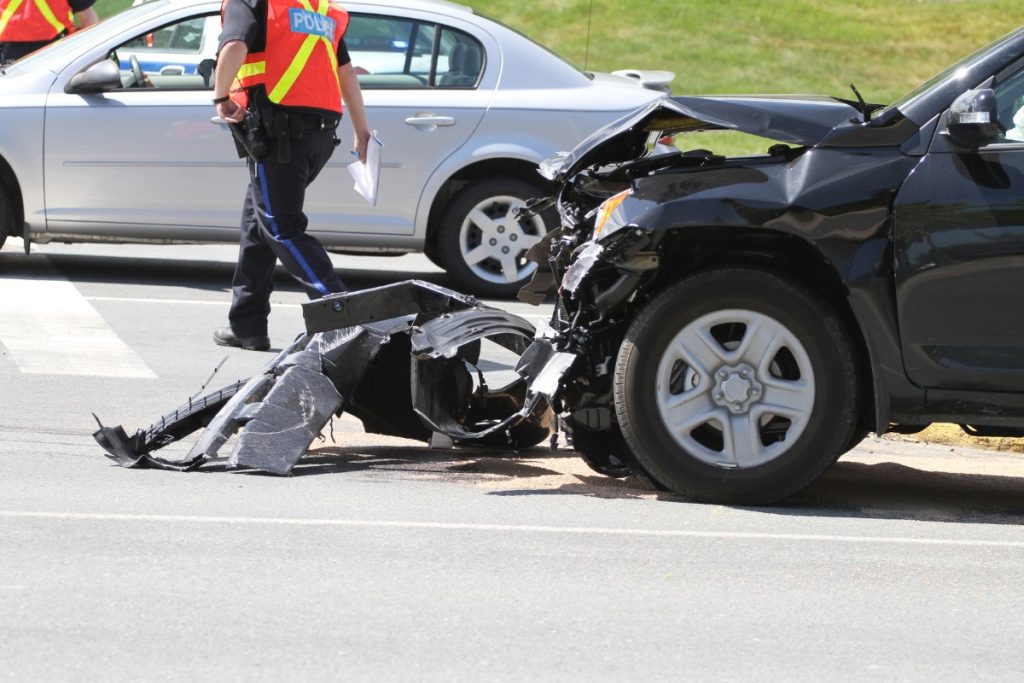Getting into an accident is stressful, but things get even trickier when it involves a Lyft ride or a rented car. While both situations involve insurance claims and potential settlements for the passengers, the process, coverage, and legal considerations can be vastly different. Lyft passenger accident settlements often involve the rideshare company’s insurance policy, which varies based on when the accident occurred. On the other hand, rental car accidents typically revolve around the renter’s personal insurance, the rental company’s coverage, or additional policies purchased by the passenger.
As a passenger, understanding these differences and knowing how Lyft passenger accident settlements and regular rented car accident claims work is crucial to ensuring fair compensation. In this blog, we break it all down in simple terms for you. Let’s begin!

Key Factors Differentiating Lyft Passenger Accident Claims from Rental Car Accident Claims
Below is a detailed comparison of distinctions between Lyft passenger accident settlements and rental car accident claims:
Insurance Coverage Provider
- Lyft Accidents: Lyft provides tiered insurance coverage for passengers involved in an accident. Once the passenger has seated and during the trip, Lyft offers up to $1 million in liability coverage per accident, covering passenger injuries and damages. If the at-fault driver is uninsured or underinsured, Lyft’s UM/UIM coverage applies. It ensures compensation for medical expenses, lost wages, and pain and suffering when another driver is responsible but unable to pay.
- Rental Car Accidents: Coverage for passengers in rental car accidents primarily depends on the renter’s personal auto insurance policy. If the renter’s policy includes liability coverage, it typically extends to rental vehicles, covering bodily injury and property damage to third parties, including passengers. Additionally, rental car companies offer optional insurance products, such as Personal Accident Insurance (PAI), which provides medical, ambulance, and death benefits to the renter and passengers.
Liability Determination
- Lyft Accidents: Liability in Lyft accidents can involve multiple parties. If the Lyft driver is at fault, Lyft’s insurance policy covers the damages for the car accident Lyft passenger. If another driver is at fault, claims may be filed against that driver’s insurance. In cases where the at-fault driver is uninsured or underinsured, Lyft’s uninsured/underinsured motorist coverage may apply, providing benefits to the passengers.
- Rental Car Accidents: Liability determination follows standard auto accident procedures. If the rental car driver (renter) is at fault, their personal auto insurance or any additional coverage purchased from the rental company would be responsible for covering passenger injuries. If another driver is at fault, claims would be filed against that driver’s insurance.
Passenger Compensation Process
- Lyft Accidents: Passengers typically file Lyft passenger accident settlements directly through Lyft’s insurance provider. The process involves reporting the accident to Lyft, after which the company’s insurance handles the claim, streamlining the compensation process for passengers.
- Rental Car Accidents: Passengers may need to navigate claims through multiple insurance providers. This could involve the rental car driver’s personal auto insurance, the rental company’s insurance if additional coverage was purchased, and the at-fault driver’s insurance, depending on the specifics of the accident.
Coverage Limits and Exclusions
- Lyft Accidents: Lyft provides liability coverage per Lyft car accident when a ride is in progress (from the time a driver accepts a ride request until the passenger is dropped off). However, this coverage is secondary to the driver’s personal insurance, meaning it only kicks in if the driver’s insurance does not cover the damages. Moreover, Lyft’s contingent collision and comprehensive coverage applies only if the driver has personal collision/comprehensive insurance.
- Rental Car Accidents: Rental car insurance coverage depends on the renter’s personal auto policy or additional rental insurance, such as Loss Damage Waiver (LDW) for vehicle damage, Personal Accident Insurance (PAI) for medical expenses, and Supplemental Liability Insurance (SLI) for third-party injuries. If the renter declines coverage, and their policy doesn’t extend to rentals, they may be personally liable. For example, if a passenger’s medical bills total $20,000 and PAI covers only $5,000, they may need to file a claim against the renter’s liability insurance or use health insurance.
Legal Recourse and Liability Disputes
- Lyft Accidents: Lyft car accident passengers may need to address liability disputes involving Lyft, the driver, and third-party insurers. While Lyft’s insurance provides substantial coverage, complexities can arise, especially if multiple parties are deemed at fault.
- Rental Car Accidents: Passengers might need to pursue legal action against the at-fault driver or navigate coverage disputes between the renter’s personal insurance and the rental company’s coverage.
Timeframe to File a Claim
- Lyft Accidents: Passengers should file a Lyft passenger accident settlement as soon as possible, ideally within 24 to 48 hours after the accident. Lyft does not specify a strict deadline, but delaying may complicate the claim. Most states have statutes of limitations (typically 2 to 3 years) for personal injury claims if a lawsuit is necessary.
- Rental Car Accidents: Claims should be reported to the rental company immediately, often within 24 hours, depending on the rental agreement. Insurance claims with the at-fault party should be initiated within a few days. The legal deadline to file a lawsuit varies by state (usually 2 to 4 years for personal injury).
How a Lyft Accident Lawyer Can Help After a Rideshare Accident?
A Lyft car accident lawyer helps passengers navigate insurance claims, ensuring they receive full compensation for injuries and damages. They assess liability, determine whether Lyft’s $1M insurance policy or another driver’s insurance applies, and negotiate settlements. If the insurer delays or denies claims, the lawyer fights for fair compensation, covering medical bills, lost wages, and pain and suffering.
In cases of uninsured/underinsured drivers, a lawyer ensures Lyft’s UM/UIM coverage applies. If necessary, they file lawsuits against Lyft, the driver, or third parties. A lawyer also protects car accident Lyft passengers from lowball offers and legal complexities. With experience in rideshare accident laws, they streamline the claims process, maximizing compensation while allowing passengers to focus on recovery.
Need Legal Help?
If you’ve been in a Lyft or rental car accident, get expert legal support from experienced Lyft accident lawyers in Los Angeles at Accident Defenders. Visit or call us at (323) 591-2829 for a free consultation and maximize your claim today!




